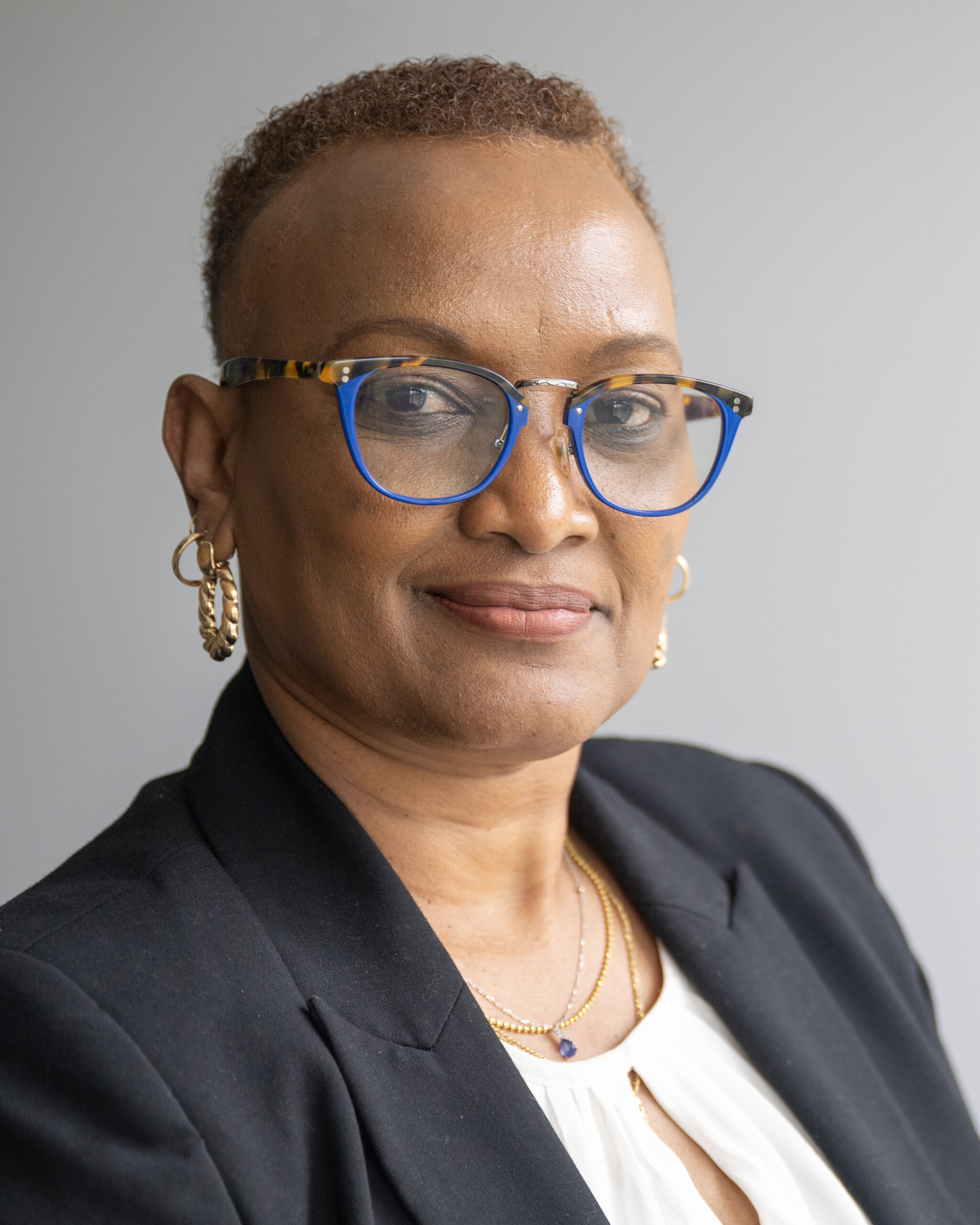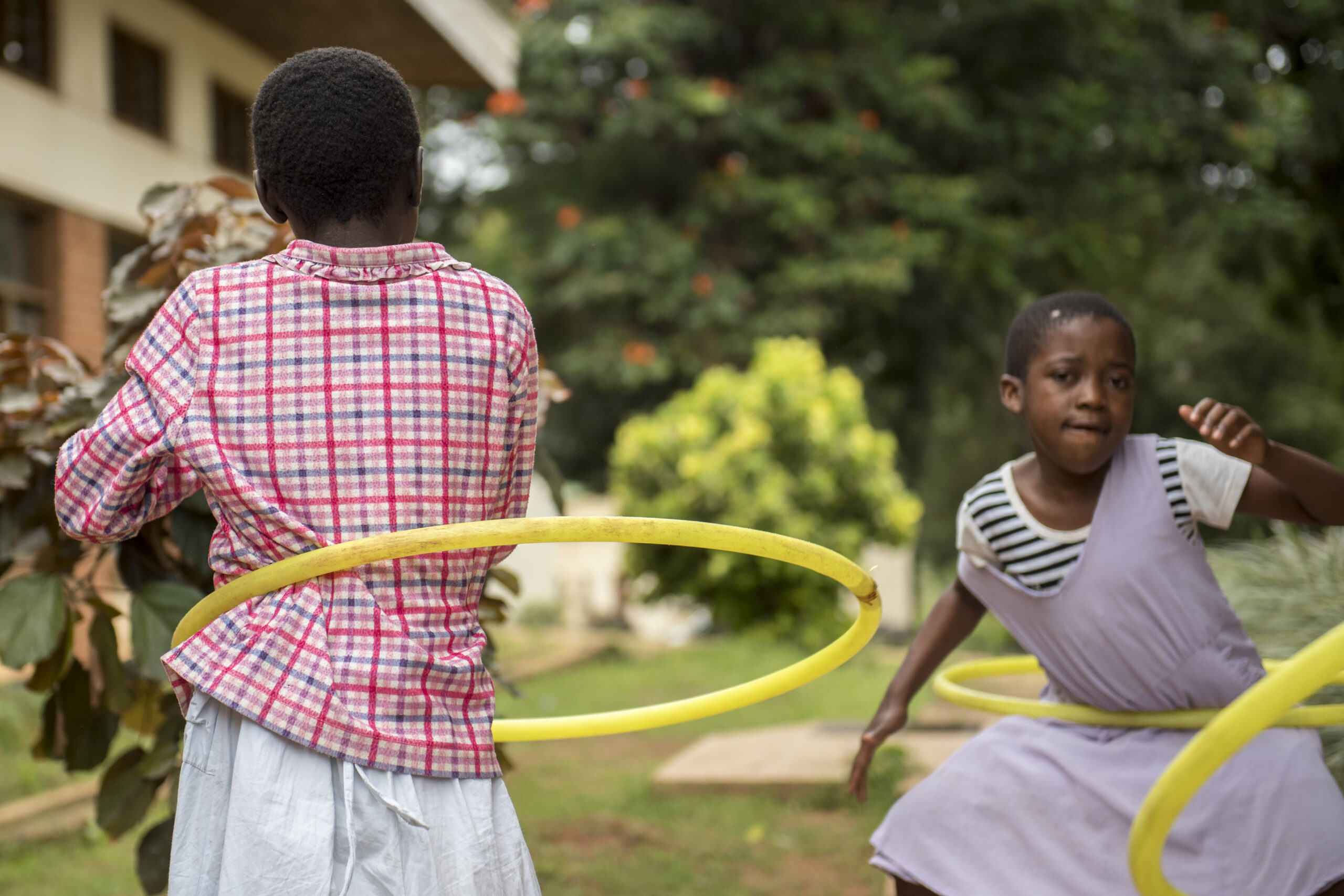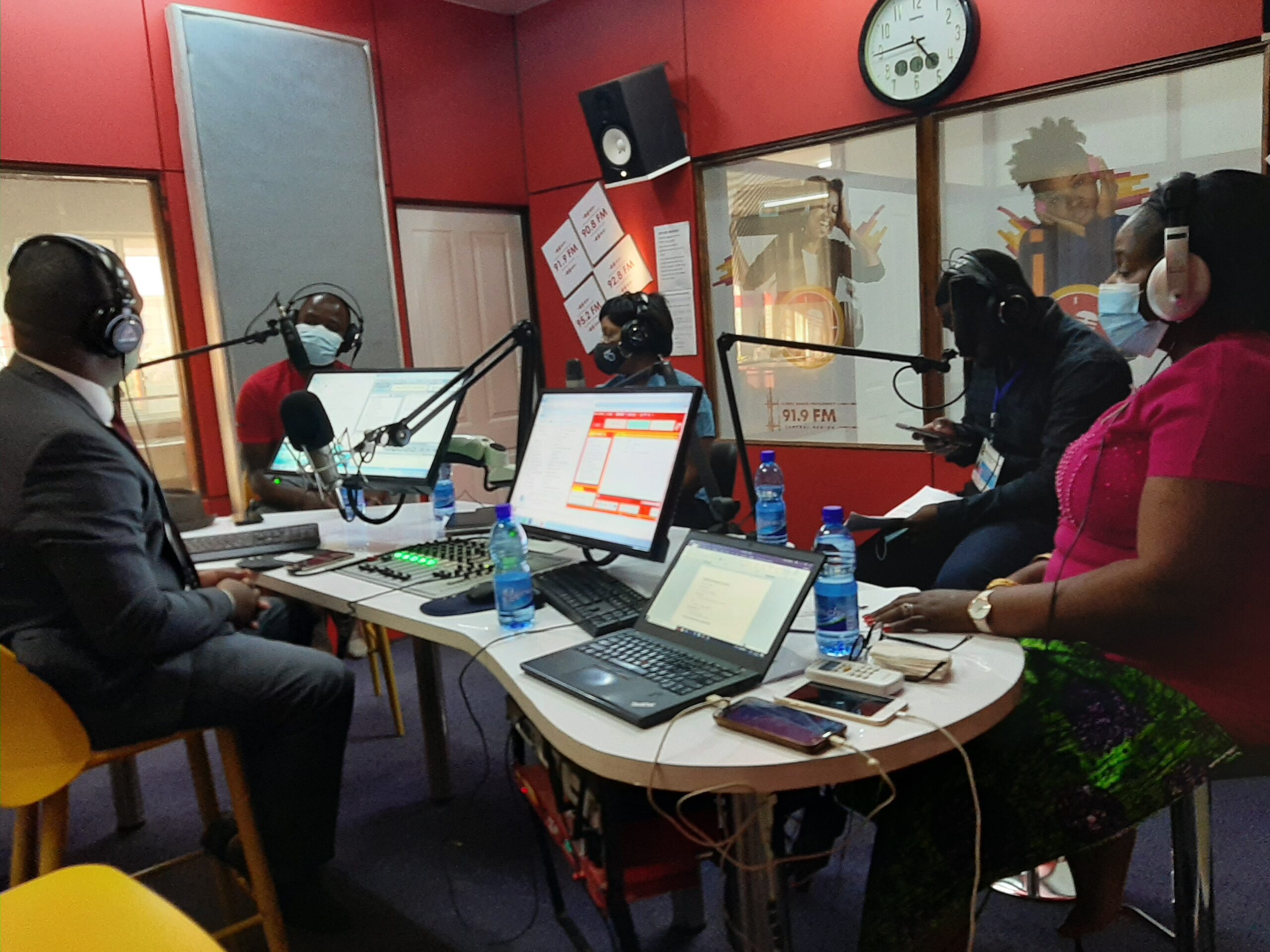This article orignally appeared on psiimpact.com.
Editor’s note: Part of a special series on the global health workforce, in partnership with the Frontline Health Workers Coalition. Checkout #HealthWorkersCount on Twitter for more from coalition partners. Issue No. 18 of Impact, focusing on the global health workforce, launches next week.
Caroline Atieno grew up watching the AIDS epidemic burn through the coastal towns and villages around Homa Bay, a fishing hub on the shore of Lake Victoria in Kenya. At its peak, HIV touched nearly every household, with more than one-third of the people in the district infected with the virus.
As recently as five years ago, nearly 90 people in the district of Homa Bay were dying of AIDS-related illnesses each week—25 of them were infants.
“I decided to become a nurse when I realized how much suffering was surrounding me,” said Atieno, “especially among individuals and families dealing with HIV.”
In 2008, the Kenyan Ministry of Health appointed Atieno as the nursing officer of the Ngegu Dispensary, a rural facility five miles up the coast from the town of Homa Bay. Two years later, the Elizabeth Glaser Pediatric AIDS Foundation (EGPAF) began supporting the work of Atieno and her two assisting nurses.
In Kenya, dispensaries are more than just distribution points for medicine. A dispensary is often the only point-of-care health facility for rural families of limited means. Through the work of a handful of health workers, a dispensary delivers basic care, including immunization, first aid, and management of common illnesses.
Until four years ago, when it came to HIV the Ngegu Dispensary could only provide testing and counseling. With EGPAF’s support, Atieno’s passion has transformed the dispensary into a full-service facility with a holistic, family-focused approach to HIV—providing HIV care and treatment and services for the prevention of mother-to-child transmission of HIV (PMTCT). The facility also provides male circumcision, child health care, and basic laboratory work.
By integrating services, the dispensary can now provide care to more people, which means testing more people for HIV, and enrolling more women in prevention of mother-to-child transmission of HIV (PMTCT) services.
“These nurses are smart. They are upbeat. They are energetic,” said EGPAF President and CEO Charles Lyons. “They are bringing HIV services closer to the people.
“I was privileged to attend a ceremony at a dispensary at which 19 of the 20 babies were confirmed to be HIV-free,” continued Lyons. “And the goal of those health workers is zero new infections.”
When Atieno took charge of the Ngegu Dispensary, she and her staff would see about a dozen clients each day. As an integrated care and treatment clinic, they now see as many as 100.
“It is very rare for our facility to have decreased workload,” says Atieno. “We usually work more than the required hours at the dispensary, plus we go out on calls to see clients in their homes.”
This approach is working. It is now unlikely that an HIV-positive woman who has come to the dispensary delivers a child infected with the virus.
“If those three nurses in that tiny clinic can bring down pediatric AIDS so substantially,” said Lyons, “it can be done everywhere.”
The Elizabeth Glaser Pediatric AIDS Foundation (EGPAF) began working in Kenya in 2000 as a small, privately funded prevention of mother-to-child HIV transmission (PMTCT) initiative and has since grown into one of the largest HIV prevention, care, and treatment programs. Working with Kenya’s Ministry of Health to decentralize health services, EGPAF is implementing the Pamoja project in Nyanza Province where the Ngegu Dispensary is located.




